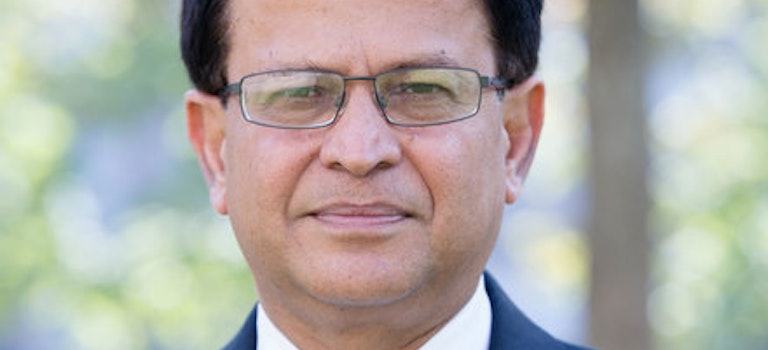Gender equality is a topic close to my heart and as the Executive Director of the United Nations Institute for Training and Research (UNITAR), I play an active role in promoting gender equality and parity, not only across UNITAR’s programmes, projects and training activities, but also internally within UNITAR’s staff body and within our work environment.
In 2015, I joined the International Gender Champions Network in Geneva and I pledged to strive towards gender parity and the dissolution of gender barriers in International Organisations. Our organisation is making great progress with respect to the gender balance of our staff body and in mainstreaming gender across our programming.
Across UNITAR, our personnel currently consists of 54% women and 45% men, although, like other UN System entities, further progress still needs to be made in promoting gender balance at the highest levels (P5 and above).
UNITAR’s Women’s Leadership Programme was launched in 2015 and has grown significantly ever since, with a diverse range of workshops carried out annually around the world. Most recently, the workshop on Empowering Women in Peace Processes focused on building an increased understanding of the importance of gender inclusivity and of the barriers to gender equality in peace-making processes. Participants were encouraged to systematically empower women to fully and meaningfully participate in peace-making processes.
The Women’s Leadership Programme has also taken a specific focus on women in science, technology, engineering and mathematics (STEM) fields, since girls are still significantly underrepresented therein. For example, in 2016, both in the US and in the UK, women held less than 25% of STEM jobs, at a time when STEM jobs are being created at three times the rate of non-STEM positions. UNITAR has organised workshops in partnership with the World Meteorological Organisation (WMO), International Telecommunications Union (ITU), and World Intellectual Property Organisation (WIPO) to strengthen and support women’s participation in these fora.
The big question is, what’s next? The solutions to the gender equality and gender parity challenges are multiple and diverse, and I wish to highlight a few.
Firstly, we need to ensure basic education for all women and girls. We cannot reach any form of gender equality whilst a sizeable number of women and girls remain out of school and illiterate. Once the goal of basic education for all is achieved, we will be able to provide women and girls with privileged access to scientific education at all levels.
Secondly, it is essential to deconstruct the deep-seated stereotypes about what constitutes “women’s work” and “men’s work”. Girls should grow up with the belief that they can be anybody, have any career, and that their gender will never hinder the pursuit of their dreams.
Thirdly, it is paramount to provide positive role models to women and girls. Networks and platforms for women in science are very powerful and must be promoted. Mentorship and coaching through these networks play a key role in encouraging women to pursue STEM careers. Women in STEM must take on leadership roles and responsibilities to reverse the current gender imbalance trends.
As part of my role as an International Gender Champion and as the Executive Director of UNITAR, I encourage everyone, in Geneva and beyond, to take further steps towards breaking down gender barriers in their own social circles and spheres of influence. This includes family units, the workplace, schools, student bodies, and so on. Every small action taken should be considered a success.
The promotion of gender equality is captured as Sustainable Development Goal 5, as part of the UN’s 2030 Agenda for Sustainable Development. This Agenda provides a comprehensive and coherent framework for governments and stakeholders to strive towards the Future We Want by 2030. Each of the Agenda’s 17 Goals are interlinked and complimentary, and the Agenda must be implemented as a whole, with gender equality at the heart of all future development efforts and endeavours. I strongly advocate for greater gender equality across all areas and aspects of our society, to accelerate and escalate the transformative change called for by all UN Member States.
Also in 2015, UN Women has launched the “Planet 50:50 by 2030” campaign. With all of these campaigns, goals and networks in place, now is really the time for action! If each of us plays an active role and takes responsibility for gender equality in our own daily lives, individually and through a whole-of-society approach, the goals and targets will be achieved faster and more effectively. UNITAR and myself are doing our part. Are you ready to join the movement?
By International Gender Champion Nikhil Seth, Executive Director at the United Nations Institute for Training and Research.
